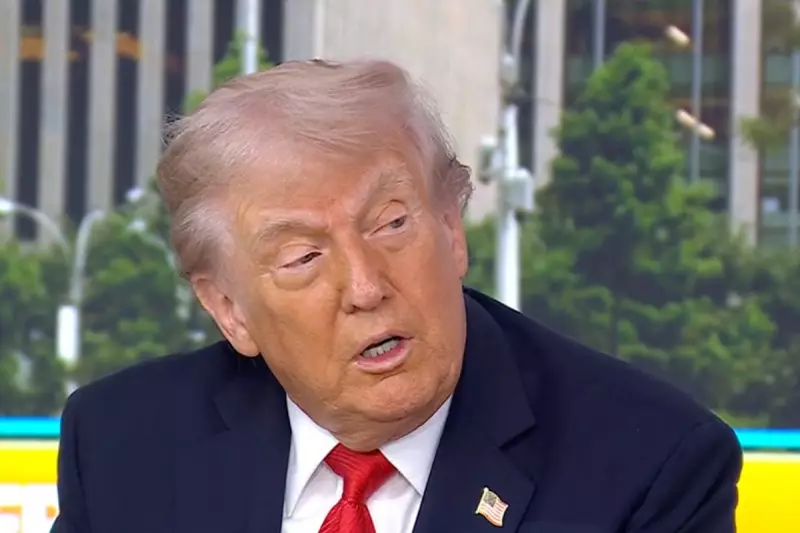
In a stark escalation of electoral rhetoric, former President Donald Trump has openly called for a campaign of 'revenge' at the ballot box, instructing his supporters to punish his critics in the upcoming presidential election.
The controversial directive was issued during a broadcast interview with conservative commentator Charlie Kirk. Trump's comments have ignited a firestorm of criticism, with opponents labelling the strategy a dangerous threat to the foundational principles of democratic elections.
A Strategy of Retribution
Trump's appeal moves beyond traditional calls for high voter turnout. He framed the act of voting not as a civic duty to elect a preferred candidate, but explicitly as an instrument of retribution against those who have investigated or criticised him.
This rhetoric aligns with his long-standing 'us versus them' narrative, positioning the election as a final battle against a corrupt political establishment. The message is designed to galvanise his base by appealing to a sense of grievance and a desire to settle scores.
Critics Sound the Alarm on Democratic Norms
Democrats and democracy advocacy groups were swift to condemn the former president's language. They argue that framing an election as an act of 'revenge' dangerously undermines its purpose.
Elections are traditionally seen as a democratic process for choosing future leadership based on policy and character, not a weapon for personal vendettas. Critics warn that this approach further deepens the toxic partisanship plaguing American politics and could erode public trust in the electoral system itself if the outcome is disputed.
The Kirk Interview: A Platform for Election Rhetoric
The interview with Charlie Kirk, a prominent and influential voice within the MAGA movement, provided a direct channel to Trump's most loyal supporters. Kirk's platform is known for its strong alignment with Trump's agenda, making it an ideal venue for delivering such a charged message without immediate challenge.
This event is not an isolated incident but part of a broader pattern of Trump employing incendiary language to mobilise his voter base, setting a tense and divisive tone for the upcoming campaign season.





